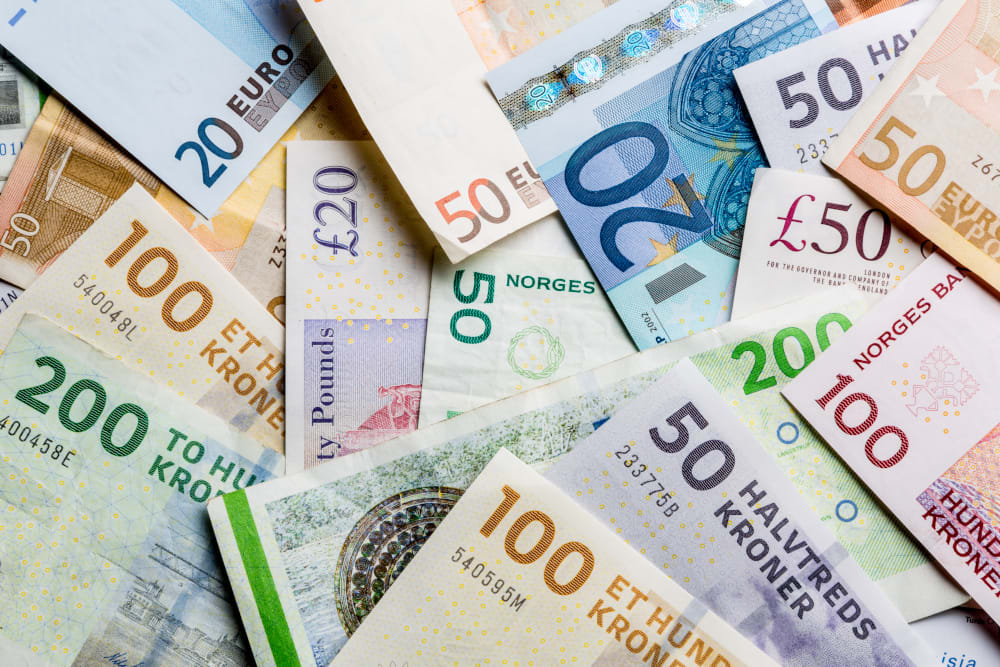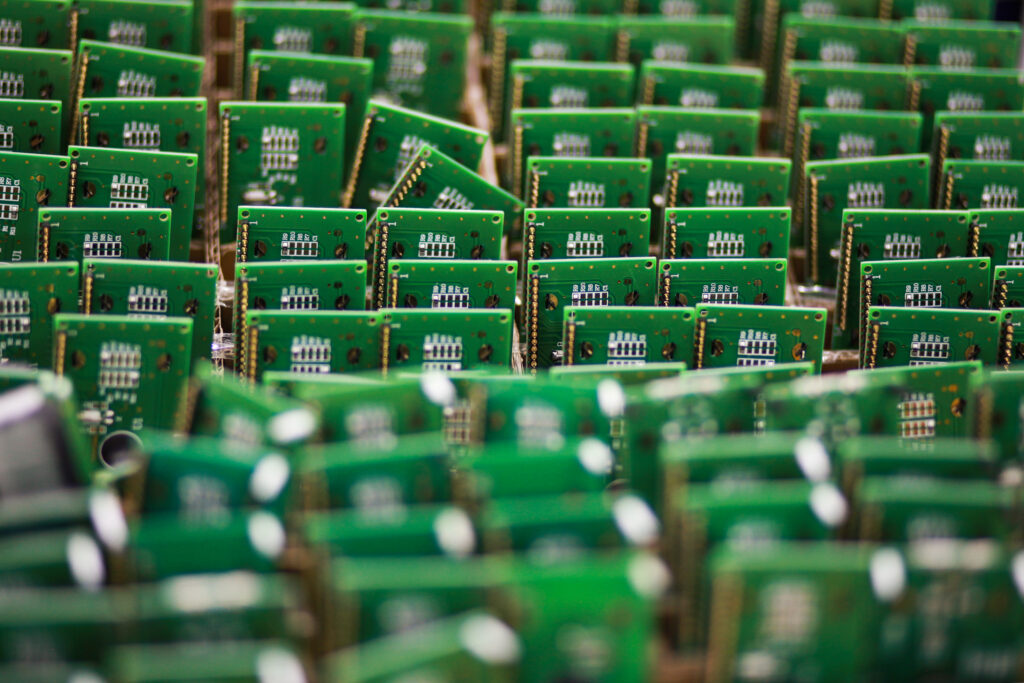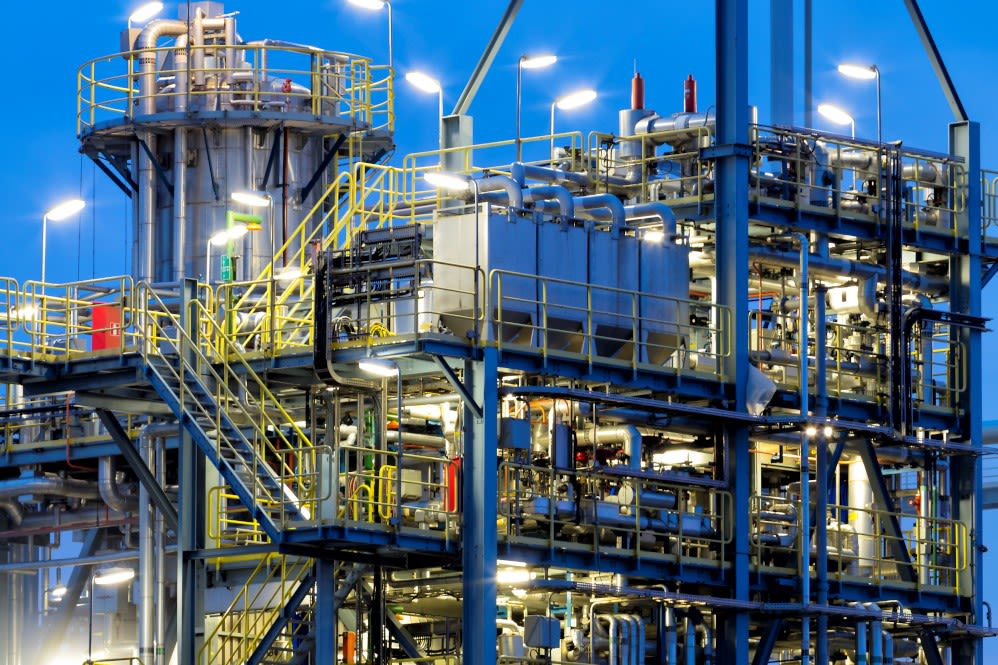Bubbly IPOs – Chinese boba tea brands pouring in Hong Kong exchange
Bubble tea – or “pearl milk tea” in its literal translation from Mandarin – has grown into a multibillion-dollar business from its 80s roots in Taiwan. As its popularity grows, so have the capital raising options for the several tea drinks brands brewing in Asia.
The comfort drink made with sugary milk tea loaded with chewy tapioca has grown to a market value of around USD 2.7bn-USD 3bn in global sales for 2023, according to research firms including Future Market Insights, and is expected to exceed the USD 5bn mark by 2030.
It has been hard to put a number on a market that has largely remained private. That is about to change.

Bubble-tea capitalism
While it’s mostly the Taiwanese brands such as ChaTime (established 2005), Coco (1997), GongCha (2006) that helped pearl tea win over consumers in markets afar, including the US and Europe, it is their Chinese peers that are taking the drinks staple to a territory largely untapped – the stock market.
China’s top three brands have all submitted and updated filings over the past few months for Hong Kong initial public offerings.
Sichuan Baicha Baidao Industrial put in a filing back in August 2023 for a Hong Kong listing, with China International Capital Corporation (CICC) being the sponsor-overall coordinator alongside Citigroup as the overall coordinator. Guming Holdings’ listing will be backed by sponsors Goldman Sachs and UBS. MIXUE will be backed by Bank of America, Goldman Sachs and UBS.
“This sector peaked between 2015-2017, then growth went down gradually, with very few newly established bubble tea brands entering the top range,” said a communications adviser with a vendor. “Industry players are competing to be the absolute leader before this industry declines, IPO is the way to prove their status.”
But there is no promise of a smooth journey to listing in today’s market.
Ten largest food & beverage Hong Kong IPOs in past five years
| Pricing Date | Company | Deal Value USD (m) | % Change Price Offer/Current |
|---|---|---|---|
| 24-Sep-19 | Budweiser Brewing Co APAC Ltd | 5,749 | -54 |
| 4-Sep-20 | Yum China Holdings Inc | 2,228 | -30.97 |
| 12-May-21 | China Mengniu Dairy Co Ltd | 1,986 | -53.72 |
| 28-Aug-20 | Nongfu Spring Co Ltd | 1,239 | 85.58 |
| 16-Sep-20 | Huazhu Group Ltd | 900 | 995.96 |
| 6-Nov-19 | China Feihe Ltd | 856 | -49.07 |
| 21-Apr-23 | ZJLD Group Inc | 677 | -19.87 |
| 23-Jun-21 | Nayuki Holdings Ltd | 656 | -83.64 |
| 10-Jun-21 | China Youran Dairy Group Ltd | 644 | -81.23 |
| 8-Jan-21 | Haidilao International Holding Ltd | 608 | -78.12 |
Data source: Dealogic
A source familiar with the Sichuan Baicha Baidao situation said it’s premature to pinpoint a deal size or valuation to the deal as it’s pending Hong Kong exchange’s approval. A few investor meetings have taken place since the filing, he said.
“Consumer staples like bubble tea or tea drinks in general are more tangible to investors, and tea drinks are hot being an alternative to coffee,” said the source.
Boba as a standalone consumer staple has been evolving too over the years. As consumer preferences changed, bubble tea is now just a part of the product offering for most vendors, which also sell fresh juices and alike to answer growing health concerns posed by sugar consumption.
That said, for investors to willingly put their monies into these IPOs, it requires not only a Federal Reserve rate cut, but also China’s stimulus policies that are powerful enough to jumpstart economic growth again, the source added.
China Gloom
The benchmark Hang Seng Index has shed 10% since 2024 started. And, according to Bloomberg, all Chinese equity indices have drifted over the past year, same as Hong Kong’s.
A hedge fund manager said he would definitely look at MIXUE, China’s largest tea house which is also the most competitive in consumer pricing.
“They offer a cup of iced lemon tea at HKD 7-HKD 8, way cheaper than the HKD 20 you have to pay at a typical Hong Kong eatery,” said the investor. “The theme that would really work this year, in my view, is those items that Chinese consumers would buy as their disposable income falls, and that’s why PDD’s share price is soaring… as people are simply buying white-labeled sports items instead of Nike or Anta brands.”
The three tea IPO hopefuls are not the first Chinese tea drinks maker to list in Hong Kong.
Nayuki [HKG:2150] debuted in the city’s exchange in July 2021 after a highly popular IPO that was priced at HKD 19.8 (just shy of the top end), but has since nosedived to HKD 3 at the close of Thursday (18 January).
The hedge fund manager said Nayuki’s fall is not surprising given its financials. According to its latest available results, the company reported CNY 66.1m in profit attributable to shareholders for the six months ended June 2023, reversing the previous Y-o-Y CNY 256.9m loss, but its cash/cash-equivalents dropped to CNY 671m at the end of June 2023 from CNY 3.72bn a year before.
MIXUE is different from many others because of its competitive pricing, supply chain management and scale, the first and a second investor said.
Even so, the first investor said, a 20x earnings multiple is the maximum he would pay for MIXUE for the time being
Arun George, an analyst at Global Equity Research, pointed out that MIXUE relies not only on sales of drinks, but also sales of equipment and franchise/related services, according to his report carried by Smartkarma.
“The investment case rests on a strong brand, leading market share, high revenue growth, robust cost control, stable profitability and cash generation,” George said.
A third investor, nonetheless, said as Chinese consumers become more price-sensitive in the face of income declines, bubble tea will be among the first to be canceled out as people need to prioritize meals over discretionary drinks in daily budgets.
“We are also beyond a point where investors are talking about fundamentals,” the third investor said. “It’s about sentiment, and fund flows (and continued outflows).”
Investor sentiment is still firmly negative. “I can’t say the second half will be better, but I can say for sure now is definitely not a good timing for IPOs.”
For any Hong Kong IPO that intends to achieve its dream valuations, it will most likely look at the second quarter at the earliest, as reported earlier.
It’s pointless to talk about IPOs when the Hang Seng keeps testing new lows. “Save that ’til the index revisits 16,000-17,000,” the investor said.
Having a cup of bubble tea in the meantime may help make one feel better in a down market.










